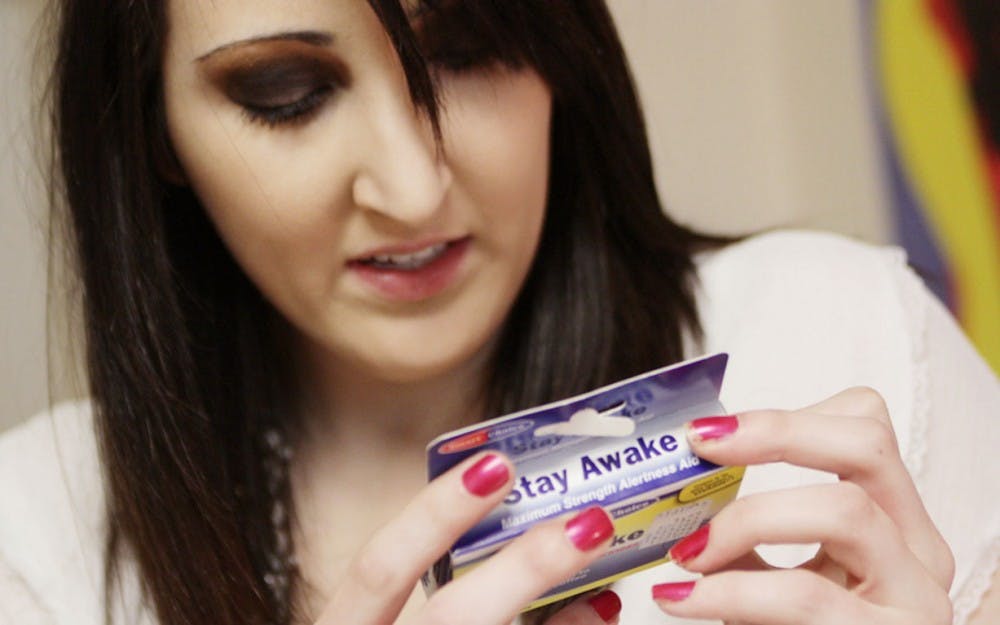At first, Jordan Heide felt like she had the flu.
But when the junior’s body erupted into convulsions during the early hours of March 18, she realized it was much more serious.
“I was involuntarily flailing, screaming and I didn’t know what was going on,” Heide said. “It looked like an exorcism.”
No pre-existing condition caused Heide’s 15 minutes of convulsions. Instead, it was her excessive caffeine consumption that prompted the fit and landed her in the UNC Hospitals emergency room, she said.
As she lay in the hospital, doctors worked to dilute the 800 milligrams of caffeine she had consumed that evening.
Heide’s case, experts said, offers an extreme glimpse into a problem of caffeine abuse among college students, one that can bring about reactions ranging from nausea to abnormal heart rates.
“Students who drink caffeine stay awake longer. They stay up late, go out and party and have many drinks,” said Eric Wright, resident in the emergency department of UNC Hospitals. “The combination of this can cause seizures.”
The seizure threshold
Downing five 20-ounce Pepsi sodas per day, Heide, 21, said she is accustomed to a lifestyle of high caffeine consumption. On March 18, the night of St. Patrick’s Day, she said she felt particularly fatigued after a caffeine-free Four Loko, so she took a supplement.



